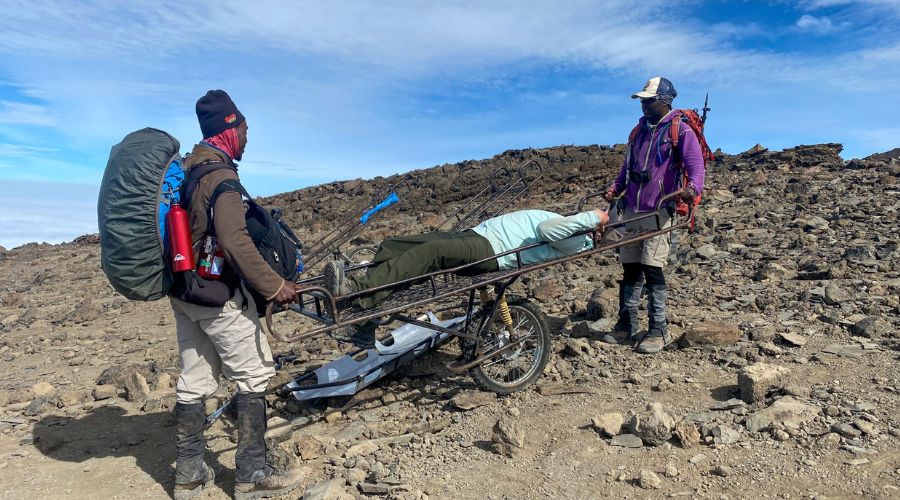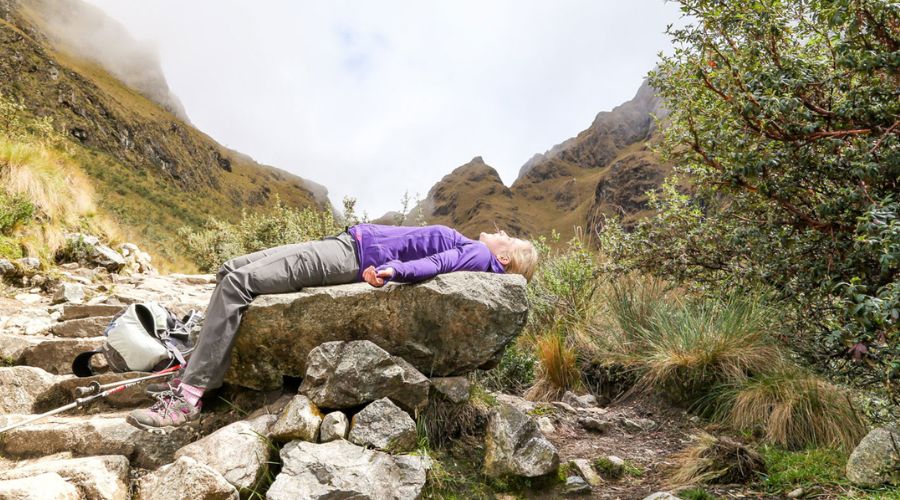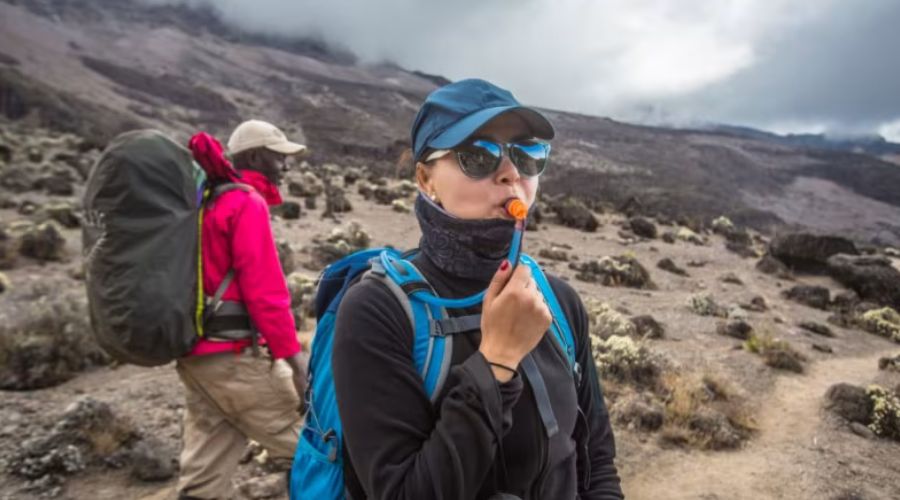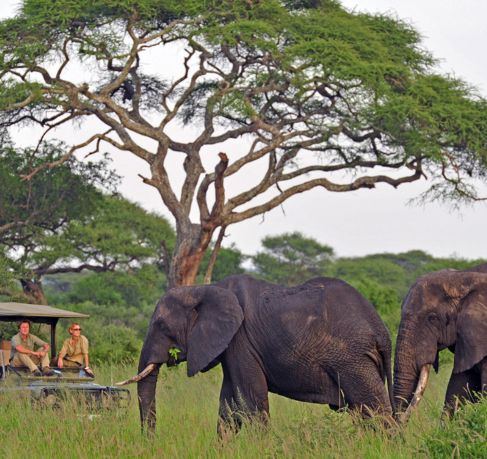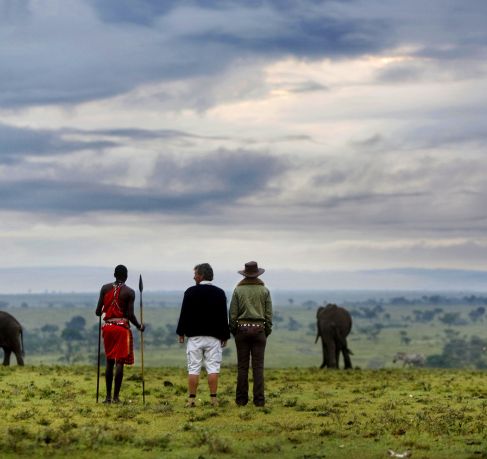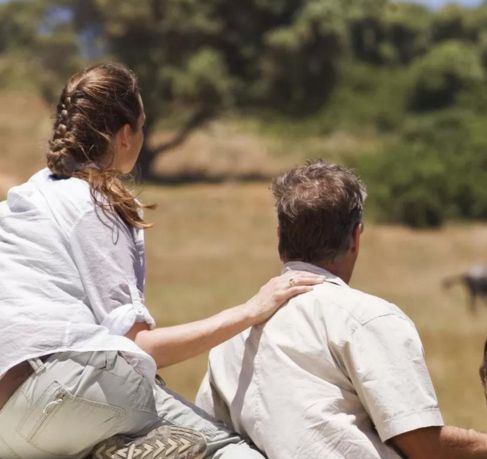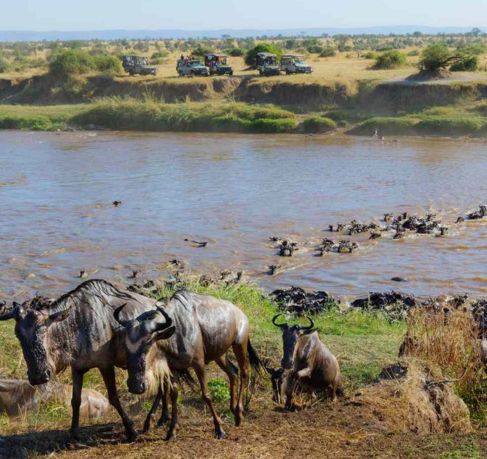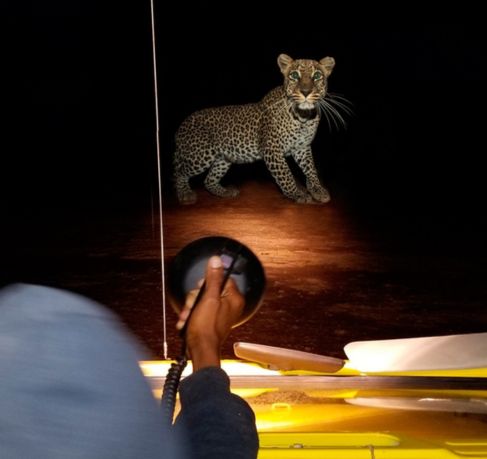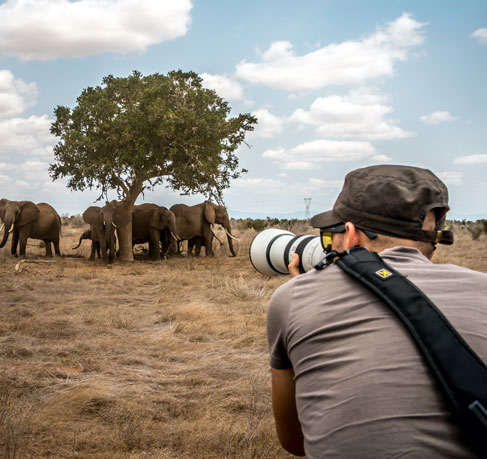Kilimanjaro Altitude Sickness which occurs the height above 2500 metres is the Physical distress from difficulty in adjusting the lower oxygen level at higher altitude level. Most of the cases in altitude sickness are mild but it can also be life threatening in case of acute mountain sickness in case of acute mountain sickness.
What Is Altitude Sickness?
Altitude sickness, also known as acute mountain sickness (AMS), is a condition that can affect individuals when they ascend to high altitudes, typically above 2,500 meters (8,200 feet). It results from the reduced oxygen levels and atmospheric pressure encountered at higher elevations, and understanding its causes, symptoms, and prevention is crucial for those venturing into such environments.
Causes Of Altitude Sickness:
The primary cause of Kilimanjaro Altitude Sickness is the decrease in oxygen levels as altitude increases. At higher elevations, the air pressure drops, leading to a reduction in the amount of oxygen available for inhalation. This diminished oxygen supply can result in various physiological responses, contributing to the onset of altitude sickness.
Symptoms Of Altitude Sickness:
Altitude sickness can manifest with a range of symptoms, varying in severity. Common symptoms include headaches, dizziness, nausea, fatigue, and difficulty sleeping. These mild symptoms are categorized as acute mountain sickness (AMS). In more severe cases, individuals may experience high-altitude pulmonary edema (HAPE) or high-altitude cerebral edema (HACE), which can lead to respiratory and neurological complications, respectively.
Prevention Of Altitude Sickness:
- Gradual Acclimatization: The most effective way to prevent altitude sickness is gradual acclimatization. Ascending slowly allows the body to adjust to the changing conditions. It is advisable to include rest days during climbs to higher altitudes, providing crucial time for acclimatization.
- Hydration: Staying well-hydrated is essential at high altitudes. Dehydration can exacerbate the symptoms of altitude sickness, so climbers should drink plenty of fluids, avoiding excessive alcohol and caffeine consumption.
- Proper Nutrition: A balanced diet, rich in carbohydrates, helps fuel the body and aids in acclimatization. Climbers should pay attention to their nutritional intake, ensuring they have the energy required for the physical exertion at higher altitudes.
- Medications: Some individuals may benefit from medications that help prevent altitude sickness. Acetazolamide (Diamox) is commonly prescribed to assist with acclimatization. However, its use should be discussed with a healthcare professional, and potential side effects should be considered.
- Fitness and Health: Maintaining good physical fitness and overall health contributes to a better response to the challenges of high-altitude environments. Individuals with pre-existing health conditions, particularly respiratory or cardiovascular issues, should consult with their healthcare providers before embarking on climbs to high elevations.
- Descend if Necessary: Recognizing the symptoms of altitude sickness and being willing to descend to lower altitudes if symptoms persist or worsen is a crucial aspect of prevention. Descending allows the body to recover and receive an adequate oxygen supply.
Maape Tanzania Safaris experienced Climb Kilimanjaro Guide will help you acclimatize well and check your health daily to detect the signs of altitude sickness. It can be avoided by taking time to acclimatize on the changing climates of the mountain.

